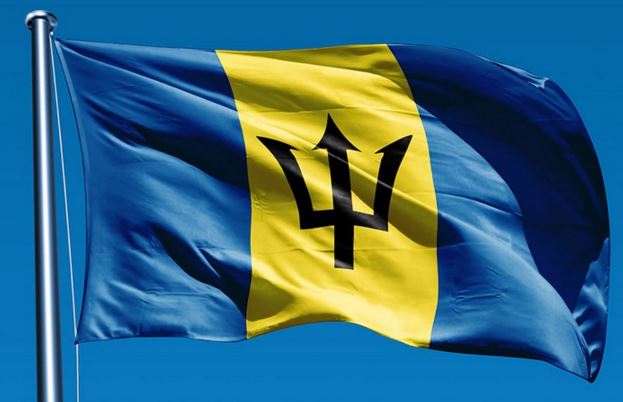Submitted by King Ja Ja

Is turning 50 significant? In the life of a Bajan, or any human, it probably is. In the life of a country, in historical time, it probably is not as significant as we might think.
Fifty years in a state’s life is really not that long, but when analyzing Independence transitions, 50 years is usually signaled by crisis, […]
and if you are lucky as a citizen, some sort of reformation – but usually the continuation of some sort of military, economic or political tyranny. We never cast off the shackles of colonialism with violent revolution in 1966, but in comparison with states that did, the transition has been similarly fraught with a lack of confidence in state institutions and often the deepening of conservative and even restoration of ancient imperialist values.
Fifty years of the Revolutionary War ended and Independence began, the new American state was still battling Southern secession and the fissures in the ideological basis of western expansion were showing with the Indian Removal Act (1830) demonstrating that the US was carving a space for its own economic destiny at the expense of First Nations while negotiating whether it would be on the backs on African slavery.
In France, 50 years after the French Revolution, the French people were still on the verge of renewed revolution in the Second French Republic and the Second French Empire. Interestingly, French slavery came to an end in 1848 a year before their ‘50th’ year of Independence.
In Haiti, the Haitian people were in the midst of a Second Haitian Empire under the ‘violent’ rule of Emperor Faustin I [Faustin Soulouque (1849-1859)] who tried to re-annexe the Dominican Republic several times.
But these are examples which where the people won their Independence by violent means, which was not the case in Barbados so let’s look at some other Commonwealth examples.
It is hard to note the several dates in which Canada obtained increasing powers over its own affairs – many people take the year of Confederation (1867) as the start date, but really in was not until the British Government was asked to pass the Canada Act (1982) in French and English to patriate Canada’s Constitution that one could say that Britain finally relinquished official control over the country. I am not sure if in 2032, Canadians will be marking that date with as much pomp and circumstance as Barbados is. I am sure many Canadians are not that aware of the significance of that date.
In India, 50th Anniversary Independence in 1997 were marked with some pageantry, but it was a somber reminder of the price of partition and just how much further the country has to go to achieve self-determination for all of its peoples.
In South Africa circa 1984, the apartheid state was embroiled in its own internal conflicts with the violent suppression of anti-apartheid protests and extra-judicial killings of anti-apartheid activists. The South African state was also involved in attacking the liberation movements in neighbouring states, notably Angola so Independence had a different meaning.
All of these examples demonstrate internal and external struggles to define the nation-state fifty years after Independence and settle or maybe even consolidate internal secessionist and political, social, cultural and economic conflicts that could potentially threaten the viability of the nation-state.
It might just be that Barbados is experiencing the same level of conflict in its development of the idea of nation-state, but on a much more localized level where the global impacts of economic turmoil, and the political impasse of a failing Westminster system and a social and cultural crisis of consensus on values is creating a measure of uncertainty and perhaps disaffectedness. In glacial time, 50 years is really not that long.





The blogmaster invites you to join the discussion.